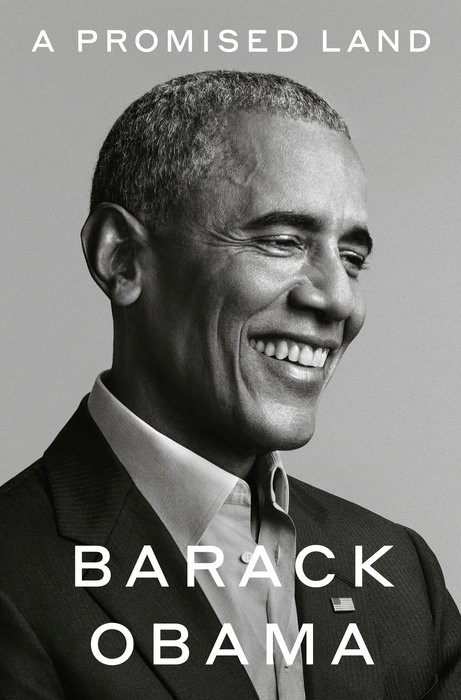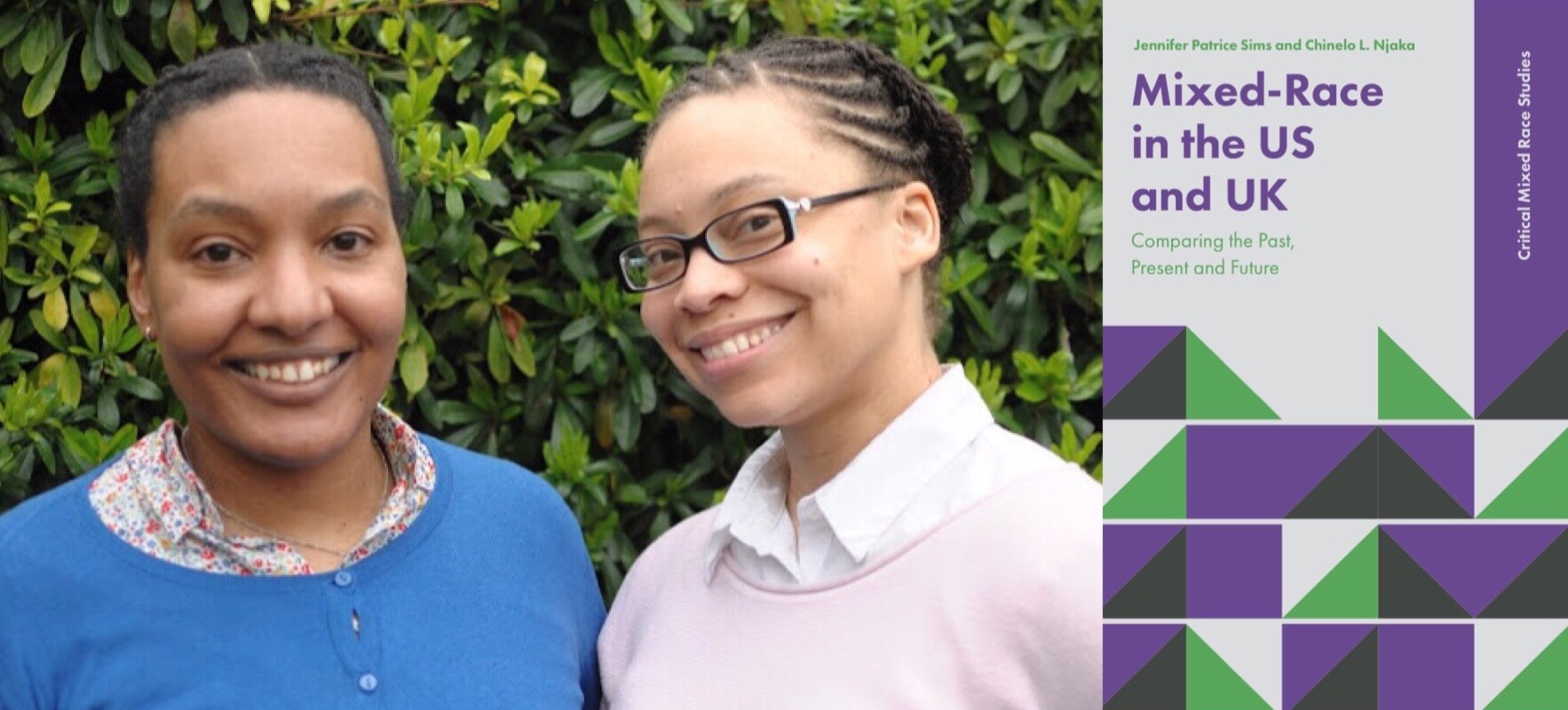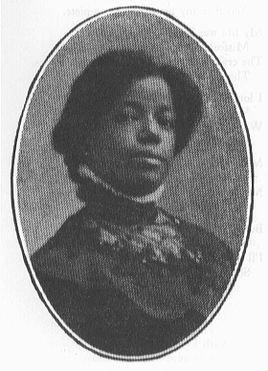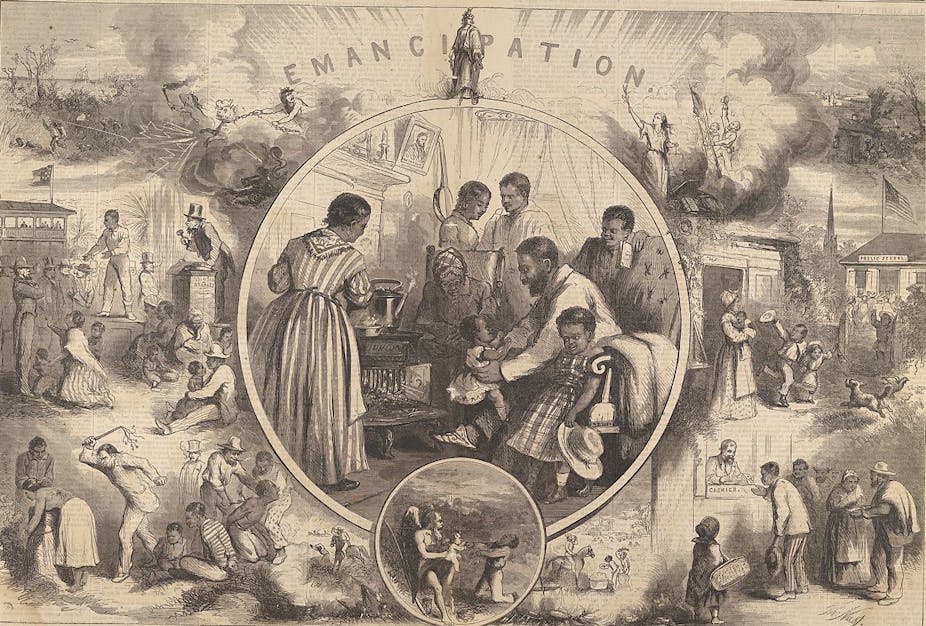Biracial Families: Crossing Boundaries, Blending Cultures, and Challenging Racial IdeologiesPosted in Anthologies, Books, Family/Parenting, Identity Development/Psychology, Media Archive, Social Science, United States on 2020-11-18 02:56Z by Steven |
Biracial Families: Crossing Boundaries, Blending Cultures, and Challenging Racial Ideologies
Springer International Publishing
2019
260 pages
9 illustrations in colour
Hardcover ISBN 978-3-319-96159-0
eBook ISBN: 978-3-319-96159-0
DOI: 10.1007/978-3-319-96160-6
Edited by:
Roudi Nazarinia Roy, Associate Professor and Child Development and Family Studies Area Coordinator
California State University, Long Beach
Alethea Rollins, Instructor, Child and Family Development
University of Central Missouri
- Provides a lifespan overview of the diverse experiences of biracial families
- Includes research on transracial and international adoption
- Offers historical background on race in America
- Highlights areas for future research
This interdisciplinary volume surveys the diverse experiences of biracial families, both across and outside the black/white binary. The book examines the deep-rooted social contexts that inform the lifespan of interracial families, from dating and marriage through the stages of parenthood, as well as families’ unique responses and realities. Through a variety of structures and settings including blended and adoptive families, contributors describe families’ strengths and resilience in meeting multiple personal and larger social challenges. The intricacies of parenting and family development are also revealed as an ongoing learning process as parents and children construct identity, culture, and meaning.
Among the topics covered:
- Social constitutionality of race in America: some meanings for biracial/multiracial families.
- Interracial marriages: historical and contemporary trends.
- Racial socialization: a developmental perspective.
- Biracial families formed through adoption.
- Diverse family structures within biracial families.
- Racial identity: choices, context, and consequences.
- Addressing lingering gaps in the existing literature and highlighting areas for future study, Biracial Families gives readers a fuller understanding of a growing and diversifying population. Its depth and breadth of coverage makes the book an invaluable reference not only for practitioners and researchers, but also for educators and interracial families across the spectrum.
Table of contents
- Introduction / Roudi Nazarinia Roy
- Social Constitutionality of Race in America: Some Meanings for Bi/Multiracial Families / Farrell J. Webb, JahRaEl Burrell and Sean G. Jefferson
- Questions and Concerns Regarding Family Theories: Biracial and Multiracial Family Issues / Farrell J. Webb and Vanessa Gonlin
- Partnering Across Race /James E. Brooks and Jeremy Lynch
- Interracial Marriages: Historical and Contemporary Trends / Chalandra M. Bryant and Jeneé C. Duncan
- Transition to Parenthood / Roudi Nazarinia Roy
- Parenting Mixed-Race Children / Fabienne Doucet, Marcella Runell Hall and Melissa Giraud
- Racial Socialization: A Developmental Perspective / Alethea Rollins
- Biracial Families Formed Through Adoption / Leigh A. Leslie, Katie M. Hrapczynski and Jennifer L. Young
- Diverse Family Structures Within Multiracial Families / Henry L. Harris, Katie W. Lamberson and Clare P. Merlin
- Racial Identity: Choices, Context, and Consequences / Annamaria Csizmadia and Susan White
- New Directions / Alethea Rollins







